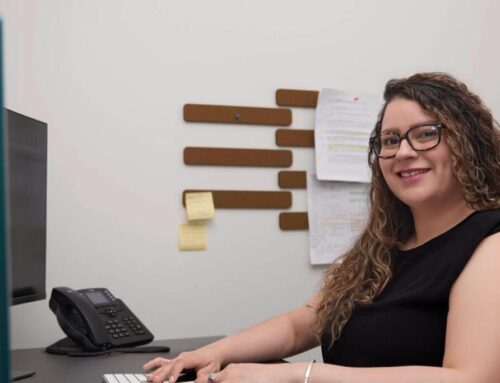What do you do when your loved one needs long-term care in a facility but can’t afford to pay for it? Medicaid is the answer for 70% of this country’s seniors. Medicaid is a means tested, federally-funded program for long-term care that is administered by the Texas Health and Human Services Commission. The most commonly utilized form of long-term care Medicaid, called “Medicaid for the Elderly and People with Disabilities”, or MEPD for short, is also sometimes referred to as skilled nursing Medicaid and that’s what we’ll be talking about today.
To qualify for Medicaid, an individual must meet specific eligibility criteria. These criteria include age and disability, residency, medical necessity, and financial eligibility. To meet the residency requirement, the applicant must be a United States citizen or hold a green card from the immigration services. In addition, the individual must be a Texas resident, though there’s no minimum length of residency required.
Age or disability. The individual must be 65 years or older, be legally blind, or have an official disability determination, preferably by the Social Security Administration.
Medical necessity requires that the individual must reside in a Medicaid certified nursing facility and have a medical necessity for long-term care services. Medical necessity requires a level of care that can only be provided in a nursing facility due to a medical condition, disability, or cognitive impairment. Medical necessity is determined by a medical professional’s assessment.
Financial eligibility focuses on two parts of an applicant’s finances to determine whether they are eligible – their income and their assets or what Medicaid calls countable resources. The income limit for an individual for 2024 is $2,829 per month from all sources with very limited exceptions. Importantly, in spousal situations, only the Medicaid applicant’s income is considered. However, if an applicant has too much income, there is an easy Medicaid-approved fix for that called a Miller Trust also called a Qualified Income Trust, QIT for short.
Countable resources for single Medicaid applicants are limited to a total of $2,000. Countable resources from Medicaid’s standpoint include almost every type of asset—bank accounts, investment accounts, stocks, bonds, cash value of life insurance, mineral interests, and real estate. Basically, anything that could be converted to cash counts. There are, however, some significant exceptions to countable resources. These include the equity value of an applicant’s primary residence up to a maximum of $713,000, an individual’s car, any personal property, prepaid funeral or burial plans, and retirement accounts for those over 72.5 years old.
Planning for Medicaid falls into two categories – proactive planning and crisis planning. Proactive planning is appropriate in situations where your loved one can foresee a need for Medicaid in the future but doesn’t need it now and usually involves setting up an irrevocable Medicaid trust. Crisis planning on the other hand is necessary when your loved one has an immediate long-term care need and needs Medicaid to help them pay for it.
A common misperception about Medicaid is that you cannot qualify for it if you have too much income or countable resources. Using various Medicaid-approved tools, an individual in either or both of those circumstances can restructure their finances to achieve immediate eligibility. This is especially true in situations where the Medicaid applicant is married.
Achieving Medicaid eligibility can be very confusing, and there are many traps for those who are unaware of them. Principal among those traps are Medicaid’s rules concerning transfers of assets. Medicaid has a five-year lookback period, meaning that any transfer of assets to anyone other than a spouse can have a devastating impact on Medicaid eligibility. If your loved one needs Medicaid now or anticipates the possibility of needing it any time in the upcoming five years, then consulting with a Medicaid professional in advance of any asset transfers, including tax or charitable gifting is imperative. For more information on this, we’d be happy to help and we’d be happy to visit with you.
This material has been prepared for informational purposes only, and is not intended to provide, and should not be relied on for, specific tax, legal or accounting advice. We can only give specific advice upon consulting directly with you and reviewing your exact situation.




